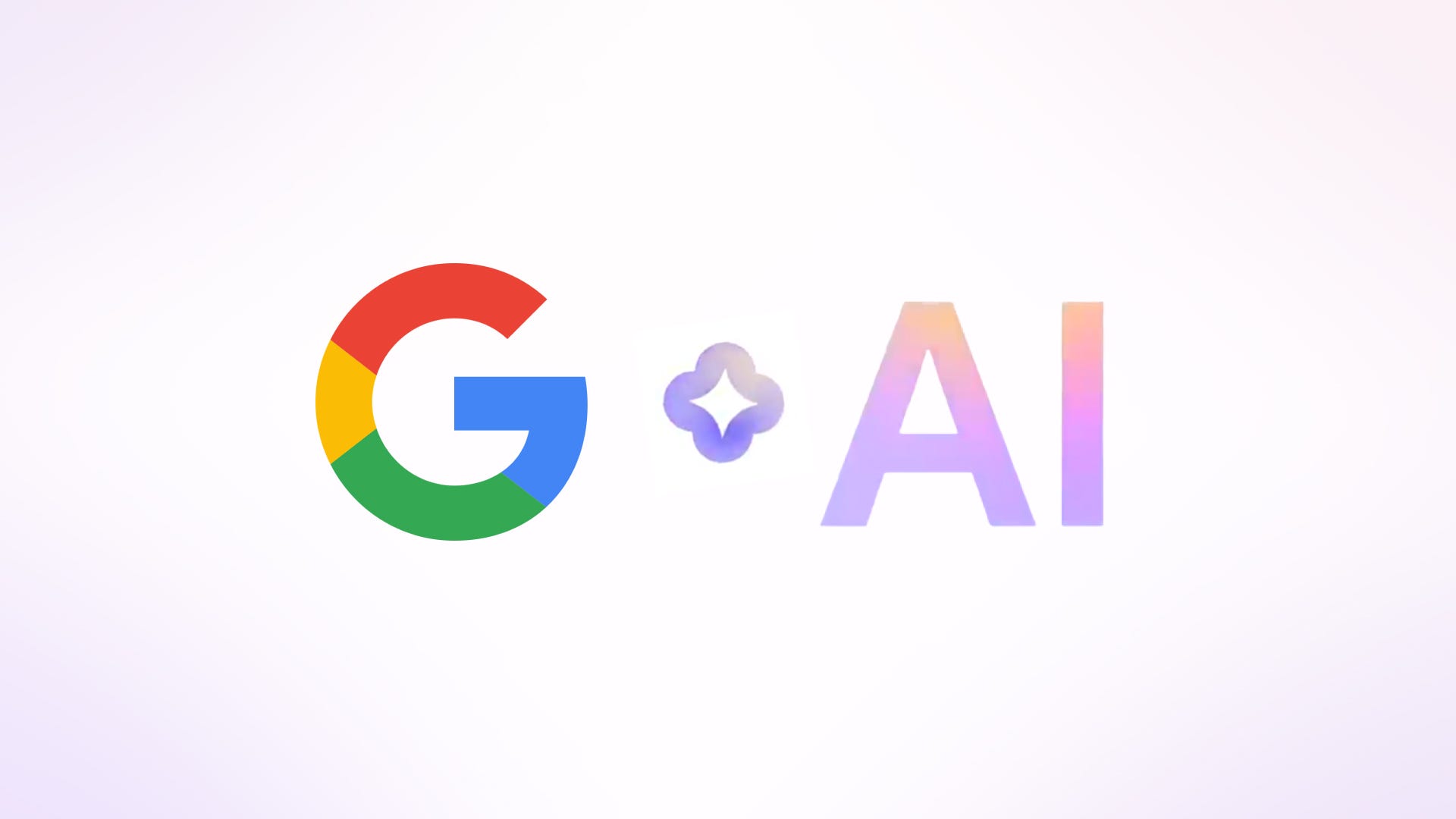
Google Photos is undergoing a significant transformation with the launch of the Pixel 8 and 8 Pro smartphones. The shift in Google Photos' mission, from being a "home for all your photos and videos" to becoming a "home for all your memories," is exemplified by the introduction of new AI-powered features aimed at enhancing and refining users' memories.
One of the standout features is the Magic Editor, which employs generative AI to perform various photo enhancements. It can change the background scenery, remove distractions, and even reposition people within an image. The Audio Magic Eraser feature takes on the challenge of separating audio tracks in videos to eliminate unwanted background noise, enhancing the overall video experience. Best Take, another innovative addition, lets users select the best facial expression for each subject in a series of similar photos, resulting in a perfect composite image.
While these features are not entirely novel in the realm of photo editing, what sets them apart is their accessibility to the average user. Google Photos VP Shimrit Ben-Yair emphasizes that these features harness AI and machine learning to accomplish tasks that were once technically complex and labor-intensive.
However, the integration of generative AI into photo editing raises ethical questions. Users can now perform edits that were previously reserved for skilled professionals using expensive software. This begs the question of what constitutes an acceptable level of editing and what might be considered excessive.
To address these concerns, Google is taking steps to label images edited with generative AI, ensuring transparency and awareness when shared. Ben-Yair underscores that Google Photos aims to be a personal image library, prioritizing user choice and control over editing tools.
Despite the ethical considerations, many of the AI-driven enhancements offered by Google seem to strike a balance between improving photos and respecting the authenticity of the moment. Features like Best Take build on existing technologies and techniques employed by Google's cameras, enhancing the user experience without fundamentally altering reality.
Nonetheless, there is a lingering discomfort with the idea of these AI-driven edits becoming commonplace. The ease with which users can manipulate their photos raises questions about authenticity and the perceived "earned" quality of images.
In the age of pervasive generative AI, the concept of memories is evolving. Memories are inherently subjective, influenced by biases and emotions. Generative AI tools empower users to align their photos with their recollections, blurring the line between fact and fiction.
As society grapples with the implications of these changes, Google Photos is adapting to meet user demands while implementing safeguards to maintain ethical boundaries. The intersection of AI and photography challenges our traditional understanding of photographic truth, leaving us to ponder whether we want to remember reality as it was or as we wish it to be—an inherently messy question that mirrors the complexities of memory itself.